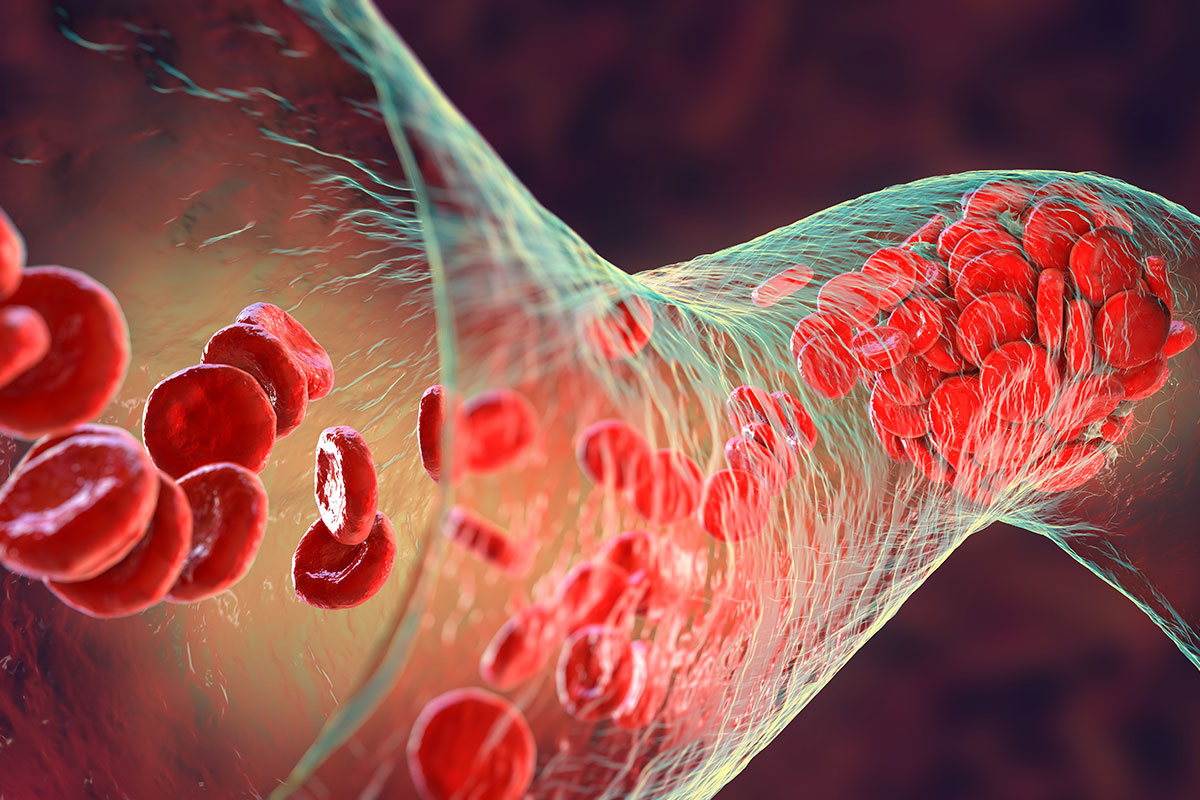High Cholesterol: Understand the Causes, Symptoms, Diagnosis, and Treatment
High Cholesterol: Understand the Causes, Symptoms, Diagnosis, and Treatment
High cholesterol is a health condition that affects millions of people worldwide. Although it is often silent and without obvious symptoms, it can lead to serious health issues if not properly managed. In this article, we will explore the causes, symptoms, diagnosis, and treatment of high cholesterol, providing a comprehensive overview to help you understand and better manage this condition.
Causes of High Cholesterol
High cholesterol can result from a combination of genetic and lifestyle factors. Among the most common causes are poor diet, lack of physical activity, and underlying health conditions.
Poor Diet: Consuming foods high in saturated and trans fats can increase the levels of bad cholesterol (LDL) in the blood. Processed foods, fried items, and fatty meats are some of the main culprits. Additionally, diets low in fiber and high in sugars can contribute to elevated cholesterol levels.
Lack of Exercise: Regular physical activity helps increase good cholesterol (HDL) and reduce bad cholesterol (LDL). Physical inactivity, therefore, can lead to higher levels of bad cholesterol in the blood, increasing the risk of cardiovascular diseases.
Genetic Factors: Some people have a genetic predisposition to high cholesterol. Hereditary conditions such as familial hypercholesterolemia can cause the body to produce excessive cholesterol regardless of diet and lifestyle.
Symptoms of High Cholesterol
High cholesterol is often called the "silent killer" because it does not present obvious symptoms until it causes serious health problems, such as heart attacks or strokes. However, there are some subtle signs that may indicate elevated cholesterol levels.
Xanthomas: These are cholesterol deposits that can appear on the skin, especially around the eyes, joints, and tendons. These deposits can be an indicator of high cholesterol.
Chest Pain: If cholesterol builds up in the coronary arteries, it can lead to angina, which is chest pain caused by reduced blood flow to the heart.
Cardiovascular Symptoms: In advanced stages, high cholesterol can lead to cardiovascular diseases, which may manifest as shortness of breath, extreme fatigue, heart palpitations, and even heart attacks.
Diagnosis of High Cholesterol
The diagnosis of high cholesterol is primarily done through blood tests known as lipid profiles or lipid panels. These tests measure the levels of Total cholesterol, LDL cholesterol, HDL cholesterol, and triglycerides in the blood.
Blood test: The lipid profile is the standard test for measuring cholesterol levels. Typically, the test is done after a 9 to 12-hour fast to ensure accurate results.
Clinical Evaluation: In addition to the blood test, the doctor may evaluate the patient's medical history, including risk factors such as family history of heart disease, diet, physical activity levels, and habits like smoking and alcohol consumption.
Additional Tests: In some cases, additional tests, such as imaging of the arteries (angiography) or cardiac stress tests, may be necessary to assess the impact of high cholesterol on the arteries and the heart.
Treatment of High Cholesterol
Treating high cholesterol involves lifestyle changes and, in some cases, medications prescribed by a doctor. The combination of both can help control cholesterol levels and reduce the risk of complications.
Diet Changes: Adopting a healthy diet is crucial. Foods high in fiber, such as fruits, vegetables, and whole grains, can help lower cholesterol. Additionally, choosing healthy fats, like those found in fish, nuts, and olive oil, instead of saturated and trans fats, can make a significant difference.
Regular Exercise: Engaging in regular physical activities, such as walking, running, cycling, or swimming, can help increase HDL cholesterol and decrease LDL cholesterol. The recommendation is at least 150 minutes of moderate exercise per week.
Medication: In cases where lifestyle changes are not enough, medications like statins may be prescribed. These medications help lower LDL cholesterol levels and can significantly reduce the risk of cardiac events.
Conclusion
Managing high cholesterol is essential for maintaining cardiovascular health and preventing serious diseases. Understanding the causes, recognizing the symptoms, getting the proper diagnosis, and following an effective treatment plan can help keep cholesterol levels in check and promote a healthier life.
FAQs about High Cholesterol
Can high cholesterol be hereditary? Yes, high cholesterol can be hereditary. Genetic conditions such as familial hypercholesterolemia can cause elevated cholesterol levels regardless of diet or lifestyle.
What foods should I avoid if I have high cholesterol? Avoid foods high in saturated and trans fats, such as fried foods, fatty meats, full-fat dairy products, and processed foods. Opt for foods rich in fiber and healthy fats.
Can I control high cholesterol with diet and exercise alone? In many cases, yes. Diet changes and regular exercise can help control cholesterol. However, some individuals may need medication to effectively manage their cholesterol levels.
What are the risks of not treating high cholesterol? Not treating high cholesterol can lead to serious health issues, including heart disease, heart attacks, strokes, and atherosclerosis (hardening of the arteries).
How often should I check my cholesterol levels? It is recommended that adults check their cholesterol levels every 4 to 6 years. However, individuals with risk factors for heart disease or a history of high cholesterol may need more frequent testing, as advised by their doctor.
